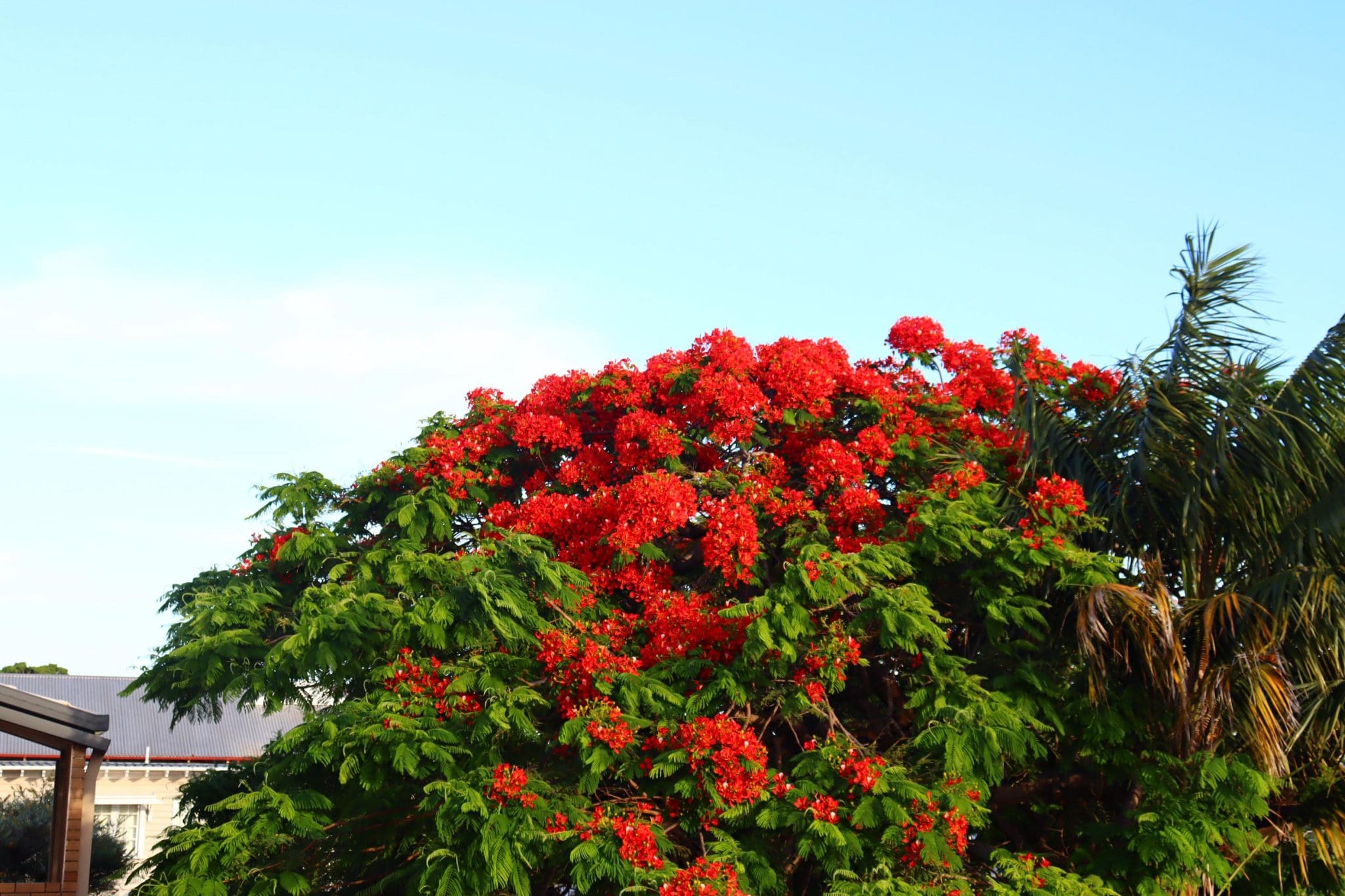Brisbane light is a special kind of light, especially on a sultry autumn evening. The orange sun splashes through the horizon of tangled trees in leafy Bardon, in the outer-western suburbs of inner Brisbane, at around 4:45pm. It’s a soft light, mingling with the soft, effortless heat still hanging in the air from a long Queensland summer.
The memories of my three months in Bardon, roughly falling across Autumn 2020, are draped in this light. It falls across the walks I did through the bush parks and reserves of that special part of Brisbane. It splashes through the unusually cold days I spent exploring the D’Aguilar ranges to the west, and the warmer nights by the firepit with my new neighbours, tossing increasingly small sticks (if they even deserve that name, given their diminutive size and stringy sloppiness) to my aunt and uncle’s dog Diego.
But has this orange-yellow tint produced rose-tinted glasses? This warm sunny light hasn’t just washed across good memories, leaving them tinged with tangerine-coloured longing: I realise now that it has entirely blindsided what I can only call the bad bits.
These were days of loneliness and isolation. The decision to rush to Brisbane (an act necessitated by the family business) was abrupt, and left little time for goodbyes to my friends: people I had only just been through the rough-and-tumble of the HSC with. This personal drama was wrapped up in an atmosphere of intense and unpredictable change.
In objective terms Autumn 2020 was not a good time. The seriousness of the global health emergency we were facing was only just hitting home. Barely three days before I arrived in Brisbane, mandatory 14 day quarantines for arrivals in Australia was announced. The panic-buying phase had only just passed, and memes about toilet paper still filled my Facebook feed. The scale of the public health disaster in countries like Italy and Iran and the devastating incompetence of Boris Johnson’s government in the UK were increasingly becoming apparent to Australians.
I, for one, was scared — waiting for what I thought was an imminent and inevitable infection and dreading the collapse of our health system. The overbearing smell of hand sanitiser hung in the air, by which I mean the house and car I spent almost all my time in (apart from short daily walks).
Yet all this has faded in my memory: it takes genuine effort to recall the sequence of events in the unfolding global catastrophe of COVID-19. Instead, I am left only with memories of reconnecting with nature and family, and discovering new friends and new eyes through which to see the city I had spent so much time as a child.
Are these rose-tinted glasses? That idiom has an unclear origin and a generally pejorative association. We often, I think, consider it a waste of time to view the past in such a positive light. We attach rose-tinted glasses to people who live in their own little histories, producing fantasy-lands into which they can escape from reality.
But might they in fact be useful? The rose-tinted glasses I view my autumn 2020 with, coloured by soft Brisbane light, reveal true joy that I certainly didn’t appreciate at the time; in between lockdown anxiety and loneliness I was positively miserable. Yet, looking back, there was much to be grateful for – a fact I perhaps should have been more aware of at the time.
Returning to University in 2023, we all find ourselves in a time of tumult and flux. Whilst the return to in-person uni – particularly in-person exams – isn’t perhaps as big an adjustment as the dawn of the Covid era, it remains a stressful and scary time for many of us, particularly vulnerable members of the University community.
But how will we see it in three years time, when the rose wash kicks in over the memories in our minds eye? Will we even remember the stress of in-person exams, beyond a little note of “oh yeah, that happened, wasn’t that a bit shit?”. Will the return of in-person university be anything other than a footnote? What are we missing in the moment, that will float to front and centre when we look back on our experiences?
Yet my time in Brisbane has taught me that perhaps we don’t have to wait. Instead of going through the motions, focusing on the sludge and grime of the bearably unpleasant parts of life, what if we pick up the rose-tinted glasses now? I would venture that rather than exams and lectures, we’ll see the expanded opportunities for friendship making within a more active university environment. We’ll see the rich experiences we gathered in our personal lives as a result, as opposed to memories of late-night cramming sessions and last-minute study.
These negative experiences will remain. That is non-negotiable — we have to face this brave new world, whether we like it or not. In a lot of ways, even with some perspective, they will remain simply that — negative experiences. But I would encourage us all to find our rose-tinted glasses — our own Brisbane light — and allow it not only to define our memories, but our life in the moment. Trite, I know, but maybe there’s something in that.





